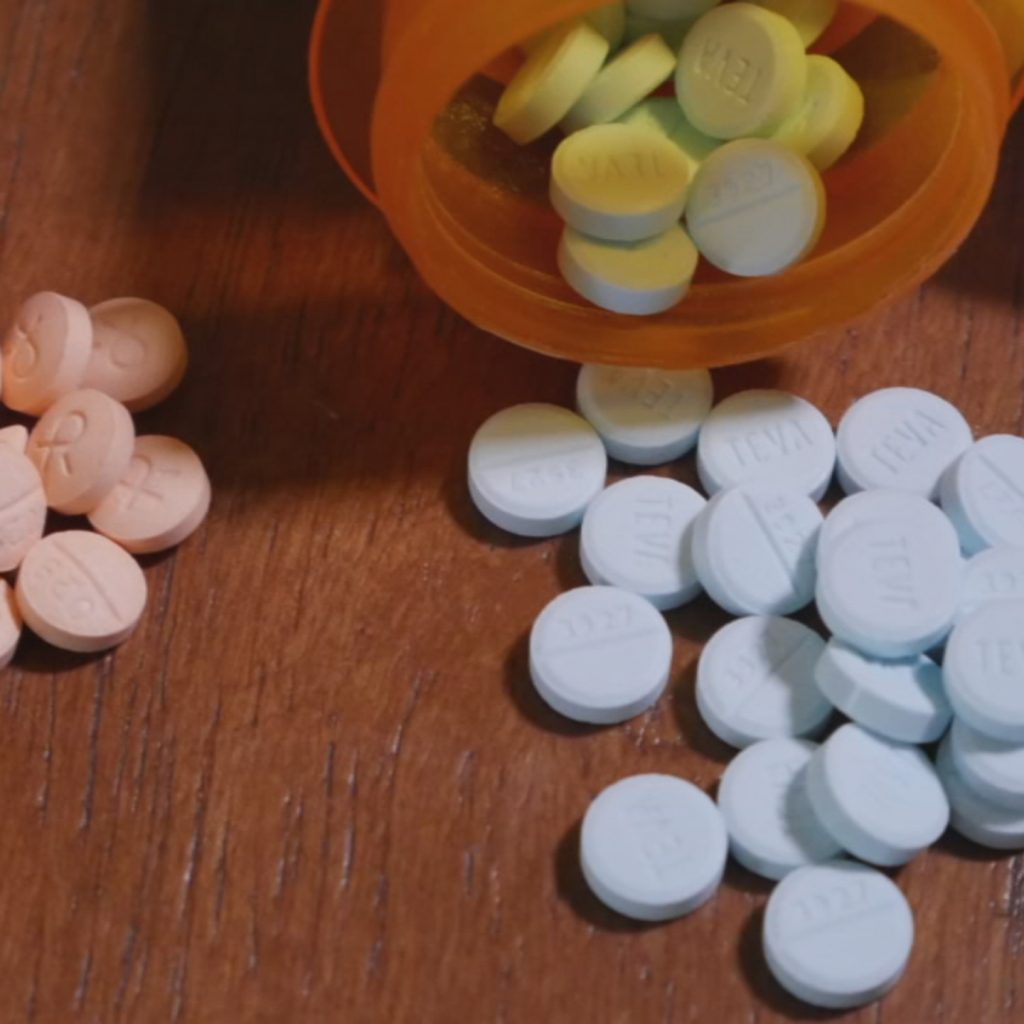Klonopin, also known as clonazepam, is a benzodiazepine drug commonly used to treat anxiety and seizure disorders. While it can be effective in managing these conditions, Klonopin can also be highly addictive and lead to dependence. If you happen to be addicted to this drug, Klonopin rehab is the best way to regain a sober lifestyle.
How does the drug work?
When you take Klonopin, it works by enhancing the effects of a neurotransmitter in the brain called GABA (gamma-aminobutyric acid). This neurotransmitter helps calm down the nervous system by reducing the activity in nerve cells. Thus, the drug is effective in reducing anxiety, seizures, and other conditions that stem from a hyperactive nervous system. However, over time, your brain can become reliant on the drug to produce these calming effects, leading to tolerance and dep,fendence. At this point, you will find it harder to function normally without taking the drug.
In addition to causing physical dependence, Klonopin can also have a range of other side effects, including drowsiness, dizziness, confusion, and impaired coordination. Long-term use of the drug can also cause memory problems and cognitive impairment. In short, it can wreck your brain if you use it too much and for too long.

How successful is Klonopin rehab?
If you or someone you love is struggling with Klonopin addiction, you may be wondering what the success rate of rehab is. While there is no one-size-fits-all answer to this question, there are a few key factors that can impact the success of rehab.
First and foremost, it’s important to choose a rehab program that is tailored to your individual needs and goals. This may involve a combination of medical detox, behavioral therapy, and support groups. The particular treatments you need also depend on the severity of your addiction and any underlying mental health conditions. Each individual with an addiction to this drug has different circumstances, so each treatment must be tailored to the needs of the recovering patient.
In general, the success rate of rehab can vary widely depending on a number of factors. These include the severity of the addiction, the length of time the drug was used, and the patient’s willingness to participate in treatment and make positive changes in their life.
According to some studies, the success rate of Klonopin rehab can be as high as 90% if you complete a comprehensive treatment program and engage in ongoing support and aftercare. However, it’s important to note that success rates can vary widely depending on your current state of health and your unique circumstances.
When you enroll in a rehab program, the first step is often a medically-supervised detox procedure. This will help you safely and effectively manage withdrawal symptoms while reducing your intake of the drug. At the end of it, you should be able to tolerate a zero dose of the drug. Detox also prepares you for the next phase of treatment.
After detox, you will likely participate in a range of behavioral therapies, such as cognitive-behavioral therapy (CBT) or dialectical behavior therapy (DBT). These therapies can help you identify and change negative patterns of thought and behavior that may be contributing to your addiction. CBT, in particular, is a common behavioral therapy used in drug rehab, and it can provide positive results in as fast as a few weeks.
Several rehab programs also encourage you to join support groups such as Narcotics Anonymous. These groups give you a sense of community and accountability with fellow drug dependents who are seeking a sober life.
Ultimately, the outcome of your rehab program will depend on a number of factors. These include your commitment, the quality of the treatments you get, and how much support is available to you.
But by far the most important factor is your commitment to recovery. If you really want to regain a drug-free lifestyle, and you are willing to do what it takes, you will most likely succeed.

What are the chances of relapse?
Relapse is a common concern if you are undergoing rehab. It can be difficult to overcome the physical and psychological dependence on the drug. While there is no way to guarantee that you will not relapse during or after treatment, there are several factors that can increase or decrease its likelihood.
One significant factor that influences the chances of relapse is the quality and length of treatment. Studies have shown that longer treatment durations are associated with better treatment outcomes and lower rates of relapse. Additionally, comprehensive treatment programs that incorporate a range of behavioral therapies, support groups, and aftercare services are more likely to be effective in helping you maintain sobriety.
Another important factor that can impact the likelihood of relapse is the presence of co-occurring mental health conditions, such as depression or anxiety. Mental health problems can complicate the management of withdrawal symptoms and may increase the risk of relapse if they are not addressed during treatment.
It’s also important to note that the risk of relapse may be higher during periods of stress or major life changes, such as job loss, divorce, or the death of a loved one. These types of situations can trigger cravings and make it more difficult to maintain sobriety.
Finally, your motivation and commitment to sobriety can also impact the likelihood of relapse. If you are fully committed to your recovery, actively participating in treatment and aftercare, you are more likely to maintain sobriety in the long term.
Despite the challenges of Klonopin addiction and the risk of relapse, it is important to remember that recovery is possible. With the right treatment and support, you can overcome addiction and go on to lead happy, healthy, and fulfilling lives in recovery.
If you or someone you love is struggling with Klonopin addiction, it’s important to seek help as soon as possible to increase the likelihood of successful treatment and long-term recovery.
